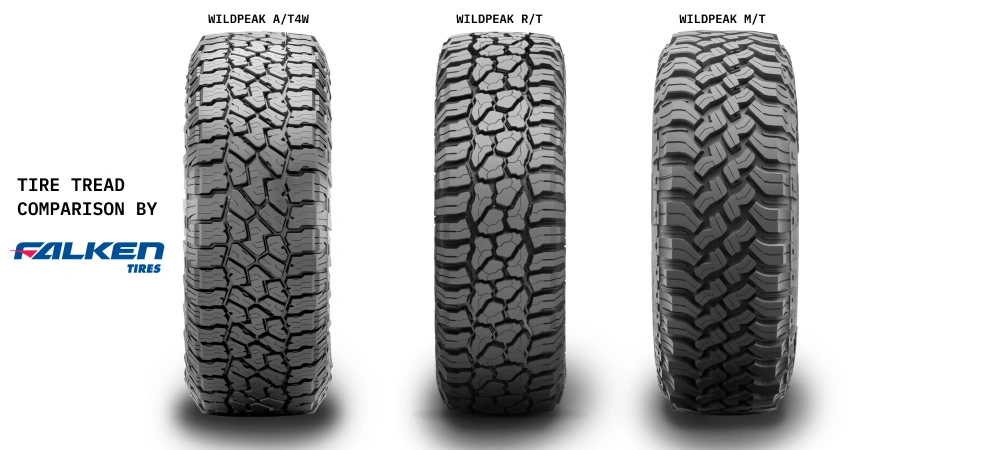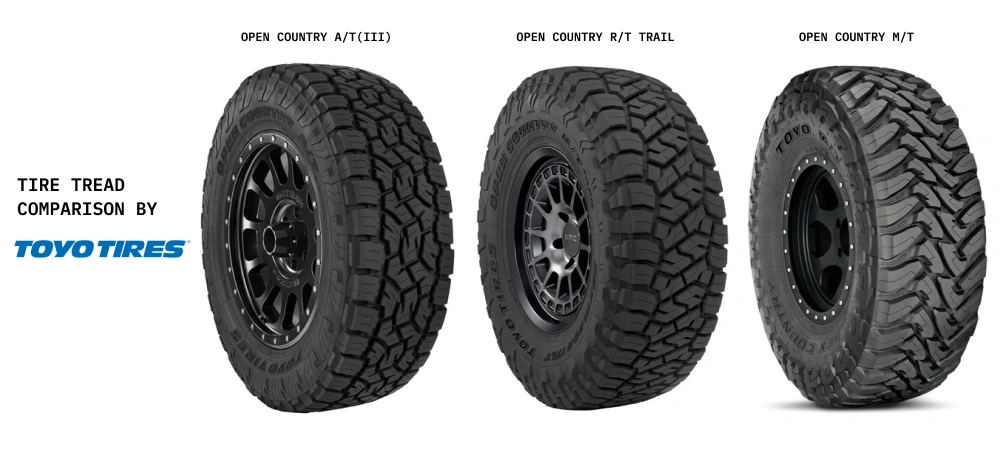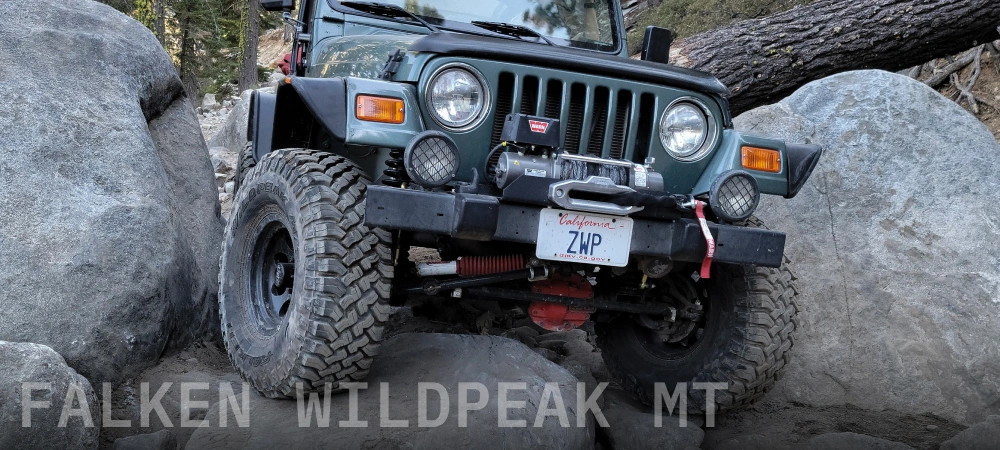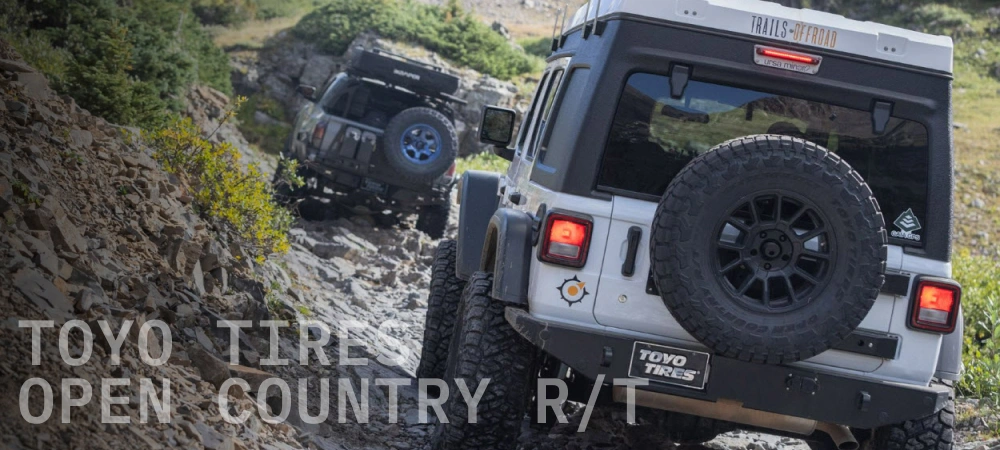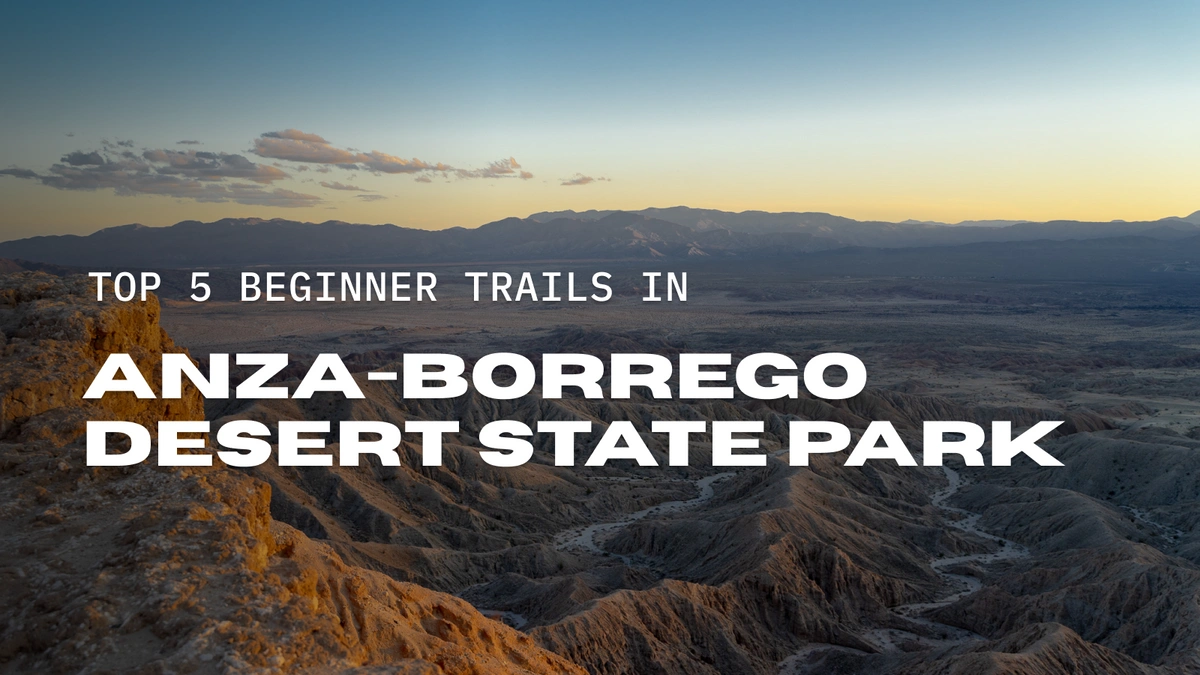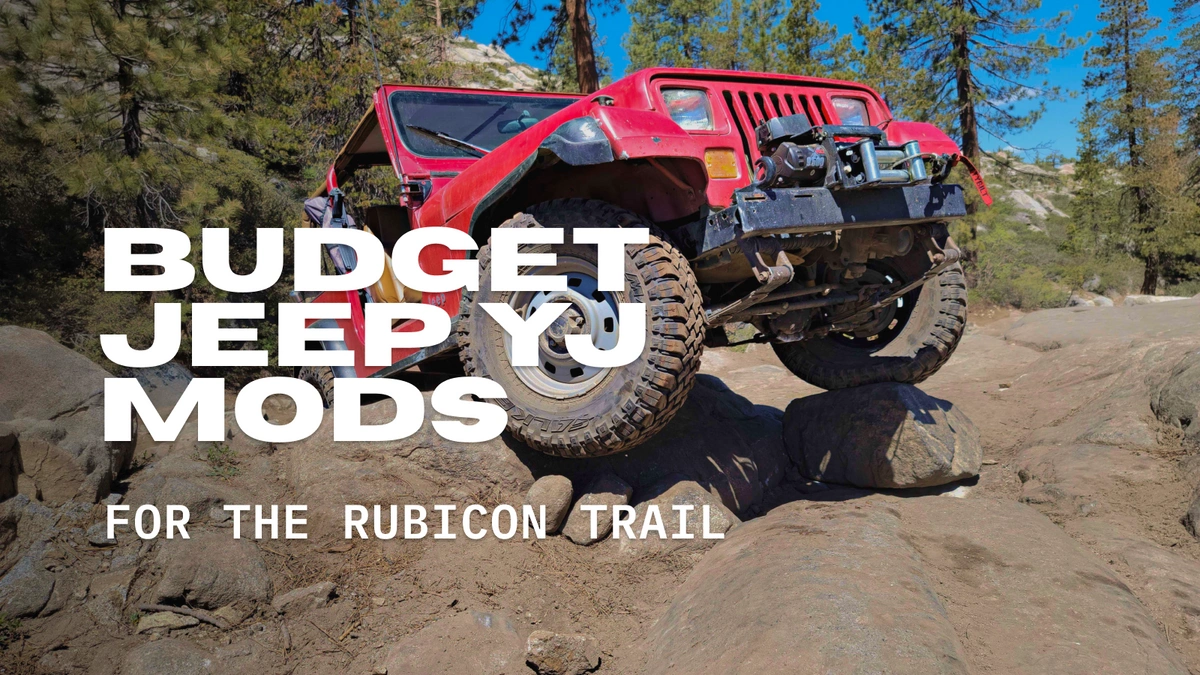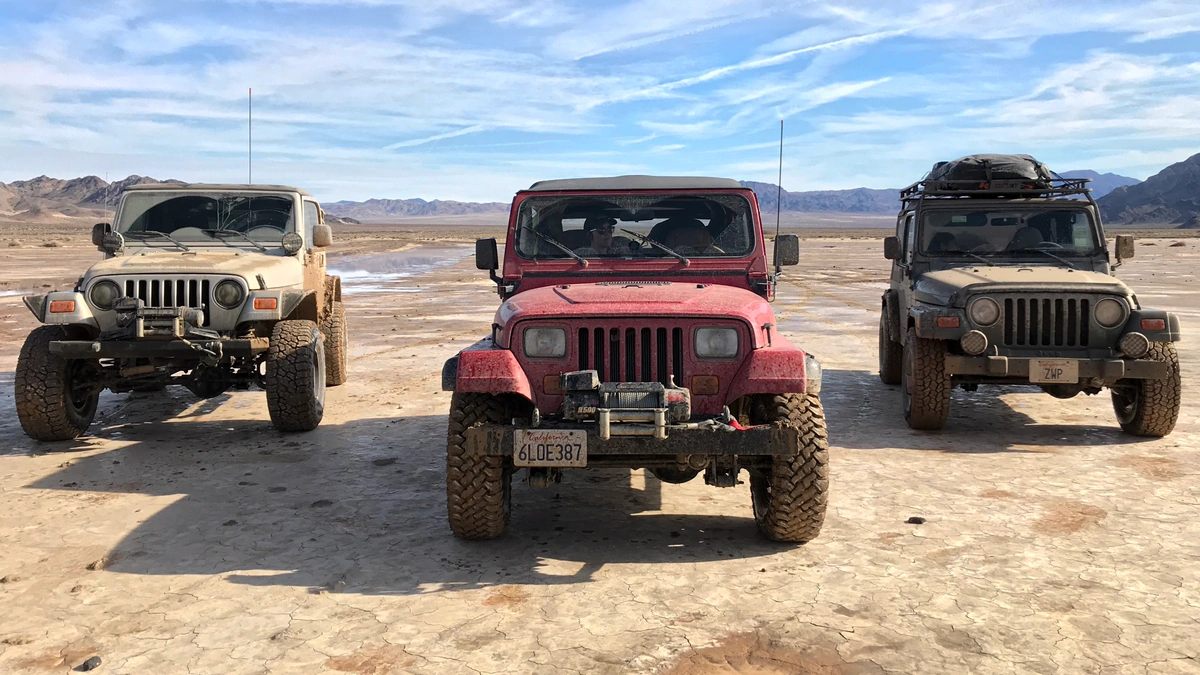
A Basic Guide to Offroad Tires: All-Terrain, Mud Terrain, and Rugged Terrain Explained
Where the Rubber Meets the Trail (and Road, too)
There is no aspect of a 4WD vehicle more critical than its tires. That is a big statement, but think about it for a minute.
Install a 4-inch lift on a Jeep Wrangler Sahara, but leave the stock all-season tires on, and the first sticky mud puddle or rocky hill climb you come across will likely stop you in your tracks. If only you had fitted the Jeep with mud tires instead.
Tires make a big difference, but that begs the question: what type of tires are best? Well, that depends entirely on what you'll use the vehicle for. The most popular offroad tire types are All-Terrain (A/T), Mud Terrain (M/T), and Rugged Terrain (R/T). Below, we'll understand the differences between each tire type and when you'd want to choose each one.
What are All-Terrain Tires?
The most common of all offroad-specific tires are undoubtedly All-Terrain tires. Why? Because they are generally the best choice for most overlanders and weekend adventurers.
Like most things in life, tire design is a game of compromise. All-terrain tires (also referred to as A/T tires) do a great job of finding a usable balance for most terrains (they don't call them "all-terrains" for nothing!). These tires are ideal on loose gravel roads and wet conditions. All-terrains can even be almost as good in the white stuff as a dedicated snow tire. On the road, they sacrifice in the noise, dry handling, and fuel efficiency departments compared to a traditional all-season tire, but that's a bit like comparing apples and oranges. When stacked against mud-terrain and rugged terrain tires, all-terrain are the best on-road option. So, they are still a completely acceptable choice for daily driving or road-tripping.
Where, then, do all-terrains compromise the most? That would be in muddy conditions. Splashing through muddy puddles here and there won't cause a problem, but issues will arise in the thick and sticky stuff. All terrains tend to have smaller gaps between tread blocks, which help them perform on pavement, gravel, and snow. Those small gaps also do a great job holding onto mud instead of "ejecting" it like dedicated mud tires. That means after a few short minutes of driving in thick mud, your all-terrain tires will quickly gum up and turn into a set of racing slicks on a rainy day.
Mud is undoubtedly the all-terrain tire's biggest enemy, but it's also worth noting that they might not be the best choice for heavy rock crawling either. We'll discuss why that is in the section below about mud terrain tires.
When should you buy A/T Tires?
If you're an overland enthusiast or weekend warrior with a vehicle that will see lots of road miles, plenty of dirt, snow, and the occasional rocks (but not too much mud), then all-terrains are the tires for you. If your rig will be spending excessive time in deep mud or more serious rocks, then look at one of the next two tires we'll be talking about.
What are Mud Terrain Tires?
Mud terrain tires will take you on a road trip across the country (loudly) and through a snow-covered trail (slowly), but where they are most at home is in the mud and the rocks. Like their name suggests, mud terrain tires (or M/T tires) are traditionally designed to work best in mud. Their wide tread blocks will happily spew mud and keep going as long as you keep your wheel speed up – something that cannot be said for all-terrains.
What the name doesn't suggest is how well mud terrain tires perform in the rocks. Where an all-terrain tire might struggle to get a grip climbing a rocky waterfall obstacle, a mud terrain uses those wide tread blocks to lock into the cracks and edges of a rockface. They also (often) are built with a softer tire compound, inherently providing more grip in those situations.
Where mud tires fall short is nearly everywhere else. These days, tire manufacturers try to include all-terrain-like qualities in mud terrain tire designs, but at the end of the day, they are still mud terrains. The softer compound generally leads to a shorter tread life and, combined with the wide tread, a louder ride on the pavement. Their ability to eject mud and debris from the tread works against them in the snow because dedicated snow tires are designed to hold onto the snow.
When Should You Buy M/T Tires?
It doesn't matter if your four-wheel-drive vehicle of choice is a daily driver with weekend offroad duties or a dedicated trail rig; if you want to succeed on the rocks of The Rubicon Trail or the Alabama mud, you will want mud terrain tires. Just keep in mind the compromises you'll be making if you plan to drive in other conditions too.
What are Rugged Terrain Tires?
Remember how we said tire design is a game of compromise? Rugged Terrain tires (or R/T tires) are the epitome of compromise. They aim to be decent at everything on-road and offroad, but that inevitably means they can't be great at anything.
Think about all the qualities we mentioned above regarding all-terrains vs mud terrains, and R/T tires generally fall right in the middle regarding their performance. They aren't usually as loud as an M/T on the road, but they won't be as quiet as an A/T. Same for their performance on the snow. In the rocks and mud, it's the opposite situation: R/Ts might not be as good as full-on mud tires, but they should typically perform better than all-terrains. When it comes down to it, rugged terrain tires are essentially more road-focused mud terrains.
When Should You Buy R/T Tires?
Though it may sound like we just got done calling R/Ts mediocre, they can still be a good choice. For many people, a tire that is decent at everything is the perfect tire for them. If you want something that will perform in just about every on and offroad situation but don't need it to excel in any one terrain specifically, an R/T tire is probably right for you.
Product photos courtesy of Falken Tires and Toyo Tires. Trails Offroad™ is not compensated by or for featuring brands in this article.
